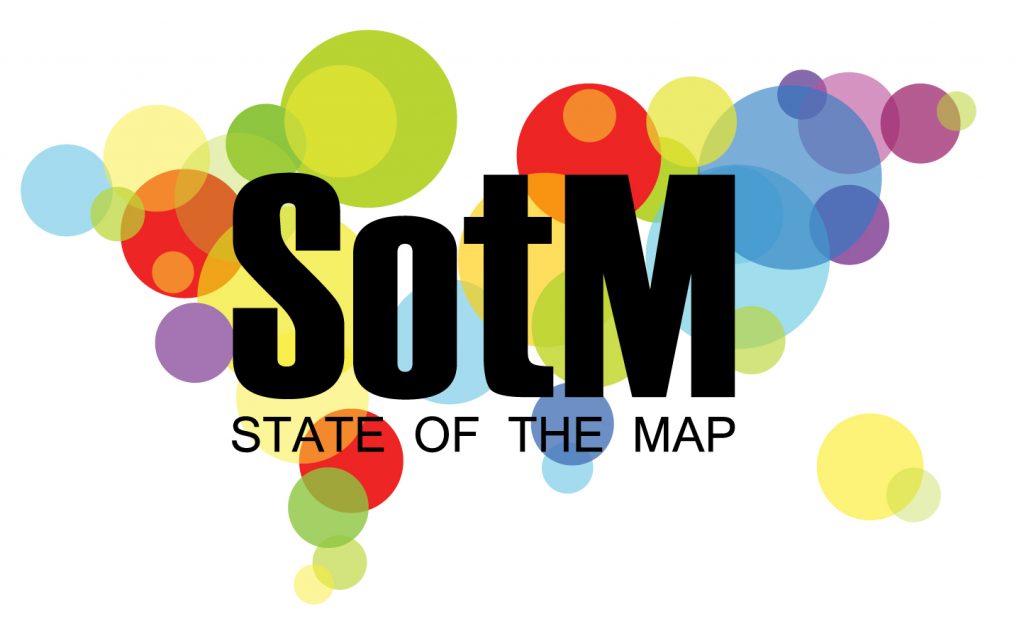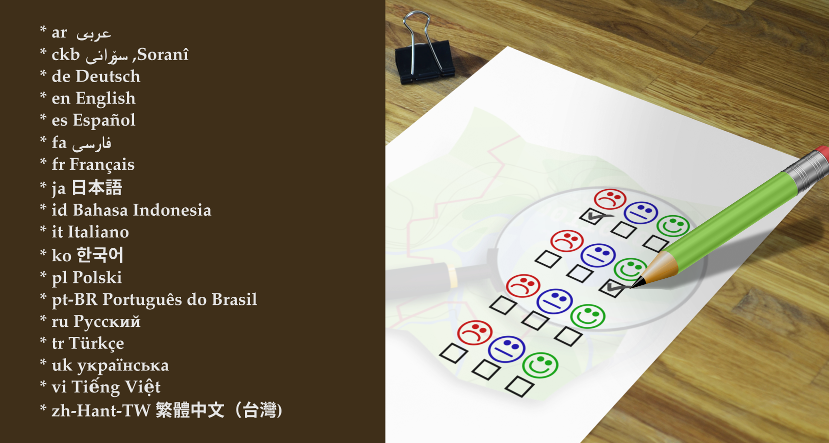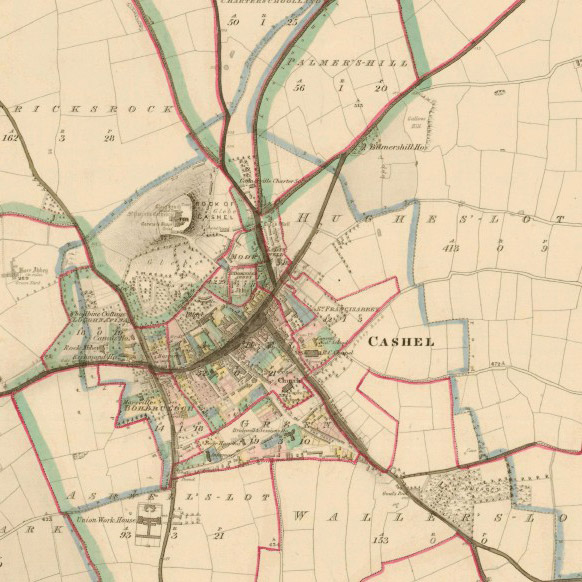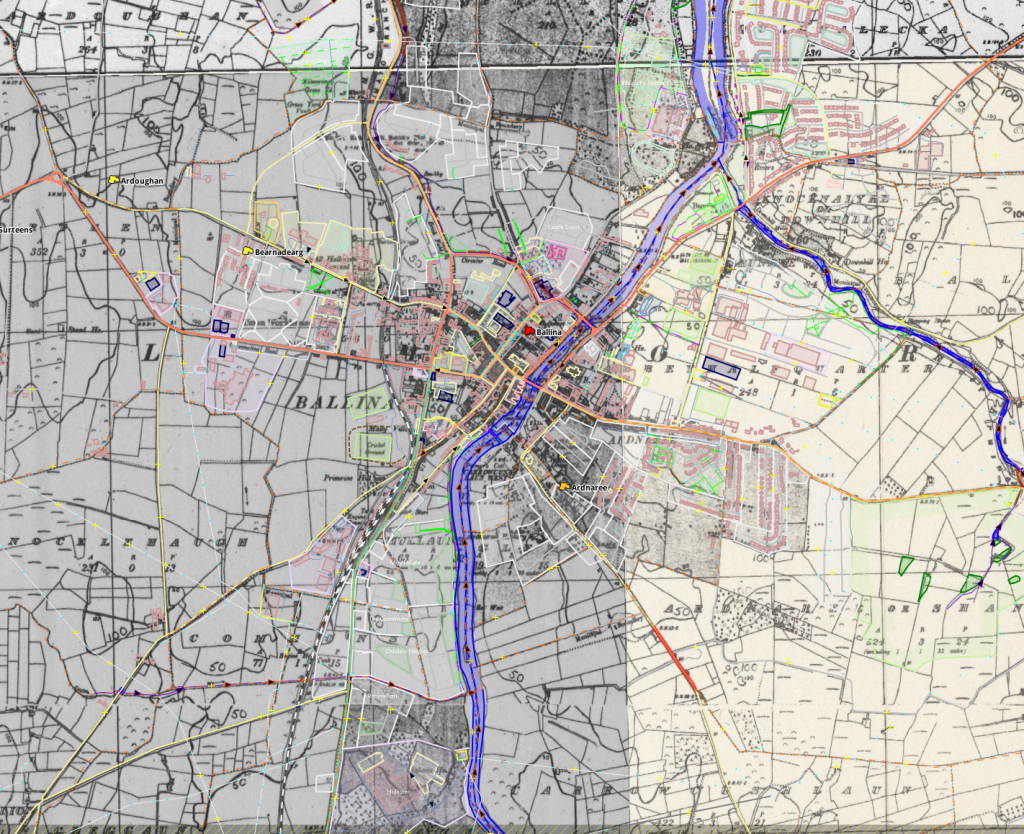In 2020, we held the first ever online State of the Map conference! In July this year, State of the Map 2021 (SotM 2021) will also take place as a virtual conference (dates to be officially announced in mid-February).
The face of every SotM is, of course, its logo; a recognizable graphical element that represents the spirit and mood of that year’s global conference. For this reason, we need the help of the most creative minds in the community to create a new logo for SotM 2021!

The logo is also a crucial element for defining the design and colors of the official SotM website as well as the style of the conference content on all OSM platforms. It will also be used for the beloved SotM merchandise and swag (t-shirts, stickers, etc), making the best memories from the conference unforgettable.
From experienced professionals to graphic design newbies and enthusiasts, everyone can participate and share an original idea with the community!
Contest guidelines
The logo design should:
- be an original artwork
- refer to OpenStreetMap (OSM), and virtual State of the Map (SotM)
- focus on the sense of global community and its core values;
- be easily recognizable
- open licence: CC BY SA or related
- be submitted by Sunday, 14 February 2021 23:59 UTC
How to enter
Please submit your logo proposal via email to sotm@openstreetmap.org, attaching the design file in a PNG format and scalable file format (like PDF or SVG).
Winner selection
The submitted artworks will be reviewed by the SotM working group, and the winning logo will be decided via vote. The official logo will then be announced after the SotM meeting in mid-February.
Looking for some inspiration?
Take a look at the logos from the past SotMs. If you have any questions about the call, feel free to contact the State of the Map Working Group sotm@openstreetmap.org.
Do you want to translate this and other blogposts in your language..? Please send an email to communication@osmfoundation.org with subject: Helping with translations in [your language]
The State of the Map conference is the annual, international conference of OpenStreetMap, organised by the OpenStreetMap Foundation. The OpenStreetMap Foundation is a not-for-profit organisation, formed in the UK to support the OpenStreetMap Project. It is dedicated to encouraging the growth, development and distribution of free geospatial data for anyone to use and share. The OpenStreetMap Foundation owns and maintains the infrastructure of the OpenStreetMap project and you can support it by becoming a member.
The State of the Map Organising Committee is one of our volunteer Working Groups.
OpenStreetMap was founded in 2004 and is an international project to create a free map of the world. To do so, we, thousands of volunteers, collect data about roads, railways, rivers, forests, buildings and a lot more worldwide. Our map data can be downloaded for free by everyone and used for any purpose – including commercial usage. It is possible to produce your own maps which highlight certain features, to calculate routes etc. OpenStreetMap is increasingly used when one needs maps which can be very quickly, or easily, updated.



